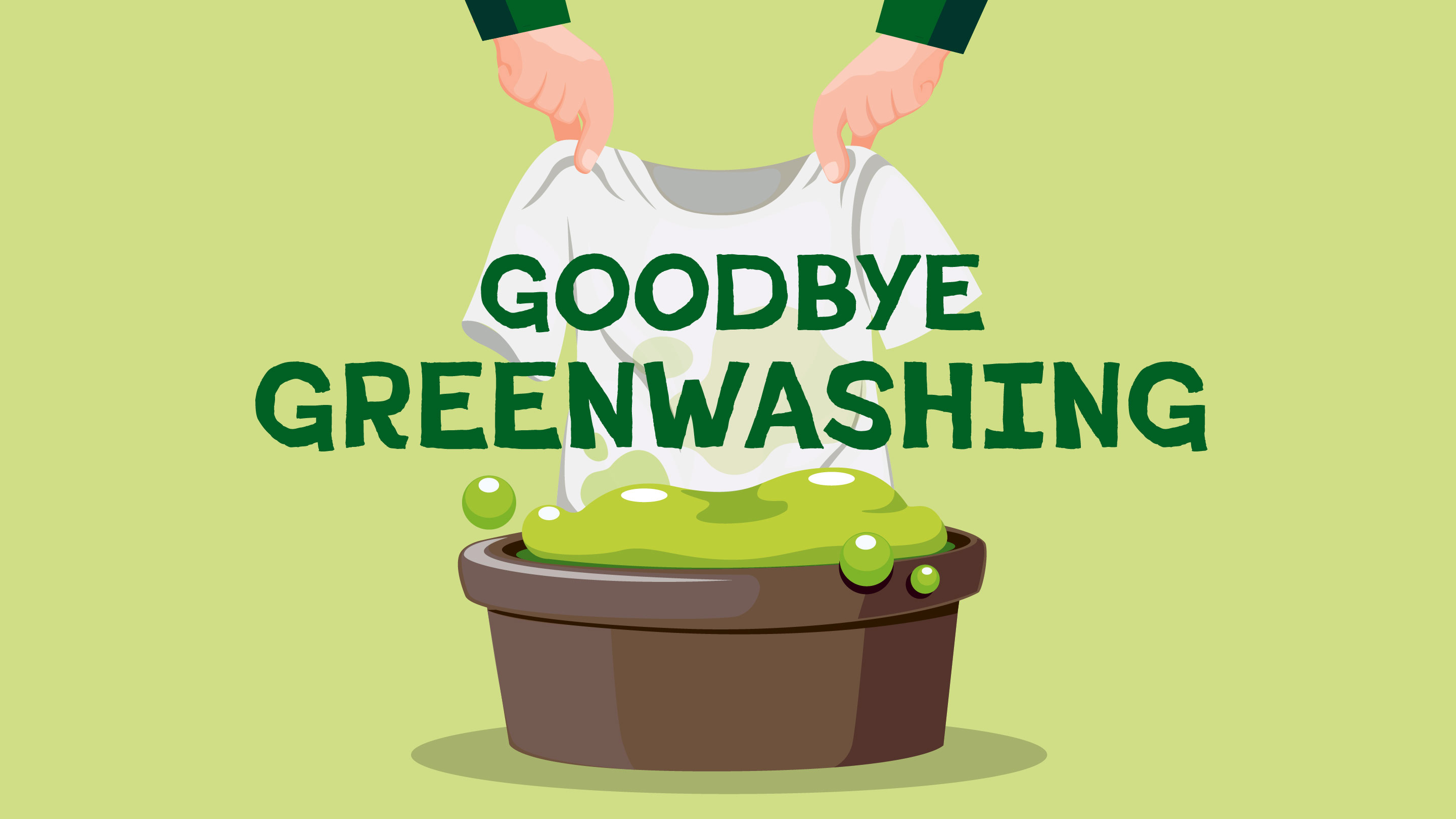

Adopted in March 2024, mandatory from September 2026: The EU’s EmpCo Directive “Empowering Consumersfor the Green Transition” aims to put an end to vague environmental promises and dubious sustainability labels. What is changing, who is affected and which claims will be banned in future.
Many claims such as “climate-neutral”, “green” or “environmentally friendly” often come without reliable evidence. This unsettles consumers, weakens trust and makes it difficult to make genuinely sustainable purchasing decisions.
53% of the environmental promises were vague or misleading
40% did not contain any evidence
50% could not be verified or were difficult to verify
At the same time, there are over 230 different ecolabels on the European market – many of which are unknown or unregulated.
The EmpCo Directive is intended to strengthen consumers’ information rights – and obliges companies to clearly substantiate environmental and social claims. This includes images and symbols that suggest sustainability.
| Regulation | What does this mean in concrete terms? | Examples |
| General environmental claims | They are only permitted if they are specifically explained and comprehensibly substantiated – on the respective medium, e.g. on the packaging | “Climate-friendly” must be supplemented, e.g. with “100% energy from renewable sources” |
| (Specific) environmental claims | Statements on specific environmental characteristics must be supported by scientific evidence | “100% energy from renewable sources” must be substantiated, e.g. by life cycle assessments (LCA), CO₂ balances in accordance with the GHG Protocol, TÜV test reports, environmental reports |
| Social statements | Information on fair production, working conditions, etc. must be verifiable | SA8000, BSCI, Fairtrade or Sedex certificates, supplier audits |
| Seals and labels | Only environmental or social labels that are independently tested and awarded in a verifiable manner may be used | EU Ecolabel, Blue Angel, Fairtrade, FSC, PEFC, GOTS … |
| Advertising with promises for the future | Statements such as “We will be climate-neutral by 2030” are only permitted if there is a comprehensible plan with interim targets | CO₂ reduction plan with interim targets, audited by an independent body such as TüV, SGS |
| Offsetting alone is no longer enough | Anyone who offsets CO₂ (e.g. through forest protection projects) cannot simply call themselves climate neutral if their own product does not show any real improvement | A mail order company offsets parcel shipping with CO₂ certificates, but does not change anything about packaging or transportation |
| Product service life | It is prohibited to build products in such a way that they break quickly or cannot be repaired | Software updates that slow down devices or permanently installed batteries without a replacement option |
The new EmpCo Directive is aimed at companies that sell products or services to end consumers in the European single market – i.e. the B2C sector. It does not matter whether it is fashion, electronics, cosmetics, food or other sectors: The new rules apply as soon as sustainability plays a role in communication.
B2B companies can also be affected, e.g. if they act as manufacturers for retailers and their products end up with consumers.
If you don’t make the change in time, you risk more than just a bad image: violations can result in warnings and fines of at least 4% of annual turnover.
With the Empowering Consumers Directive (EU 2024/825), the EU wants to put a binding stop to greenwashing – as part of the European Green Deal. Member states must transpose the requirements into national law by March 27, 2026 at the latest; in Germany, this is likely to be done by amending the Unfair Competition Act (UWG). Companies have a deadline of September 2026. Another EU initiative – the Green Claims Directive – was intended to regulate even more specifically how environmental claims must be substantiated. However, it has since been stopped. Find out more in our article on the Green Claims Directive.